Precise electromyography testing that reveals what’s really causing your symptoms, so you can finally move forward with the right treatment.
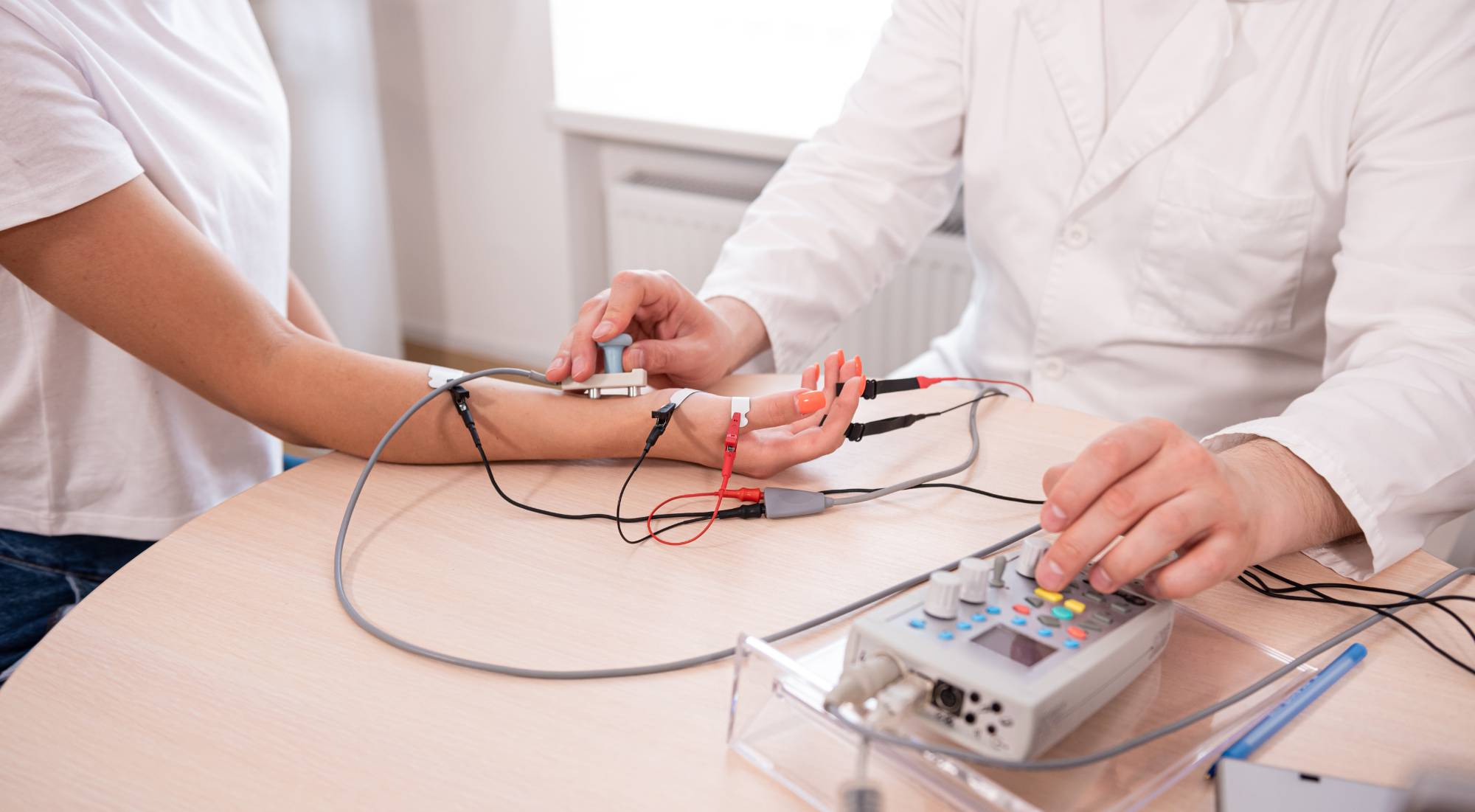
Reviews
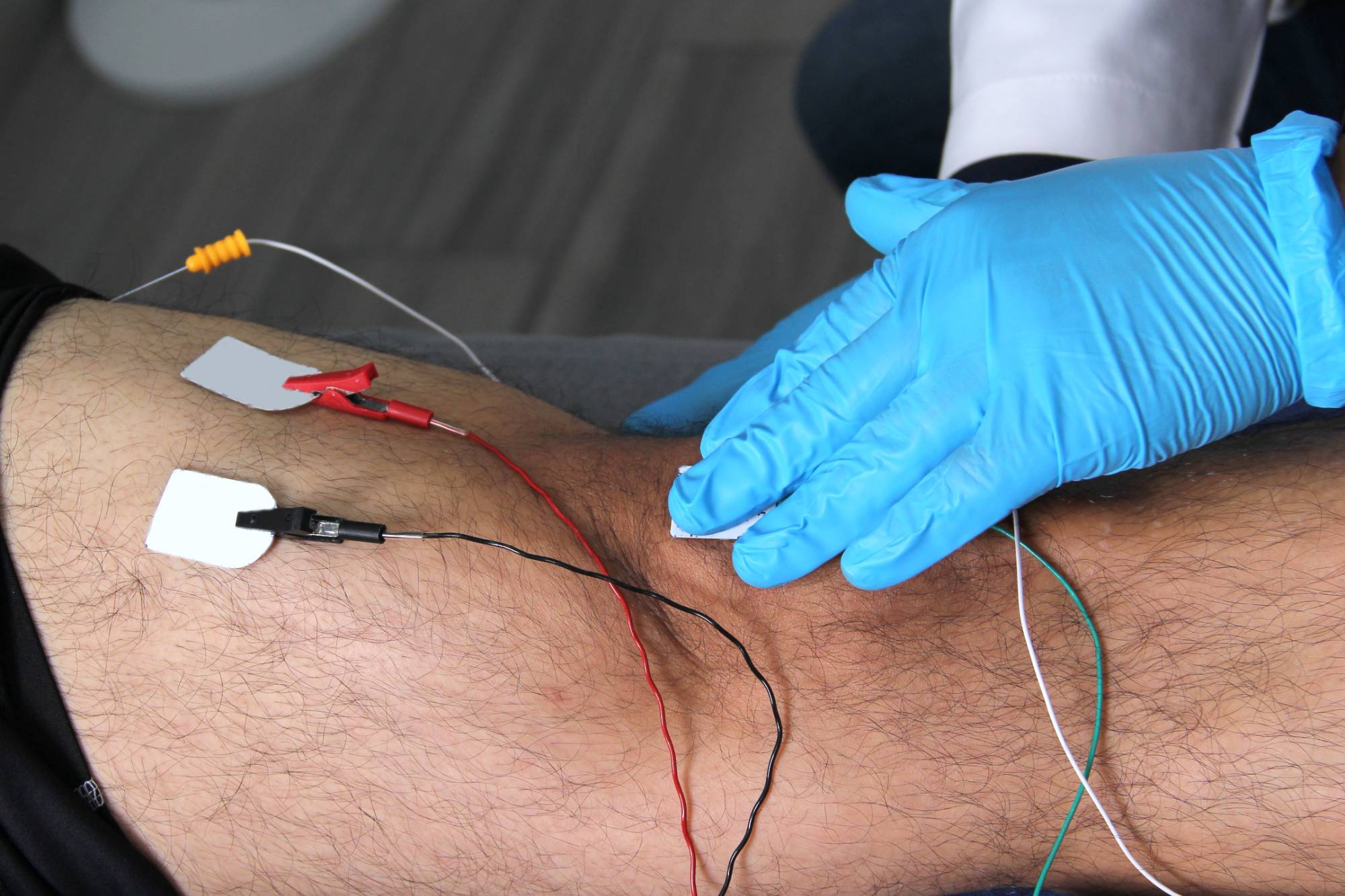
You’ve been dealing with numbness, tingling, or muscle weakness long enough. EMG testing gives you the diagnostic clarity you need to stop guessing and start treating the real problem.
This isn’t another appointment that leaves you with more questions. Our electromyography and nerve conduction studies pinpoint exactly which nerves or muscles aren’t functioning properly. You’ll walk out understanding your condition and what needs to happen next.
No more wondering if it’s carpal tunnel, a pinched nerve, or something else entirely. The test results show your doctor exactly where the problem is and how severe it is, so your treatment plan actually targets what’s wrong.
NY Spine Medicine has been providing specialized diagnostic testing to Historic Buena Vista East and surrounding South Florida communities for years. Our board-certified specialists focus specifically on nerve and muscle disorders.
We’ve performed thousands of EMG tests. You’re not getting someone who does this occasionally – you’re getting doctors who understand exactly what we’re looking for and how to interpret what we find.
Our patients come to us when they need answers, not more uncertainty. We explain your results in plain terms and coordinate directly with your referring physician to keep your care moving forward.
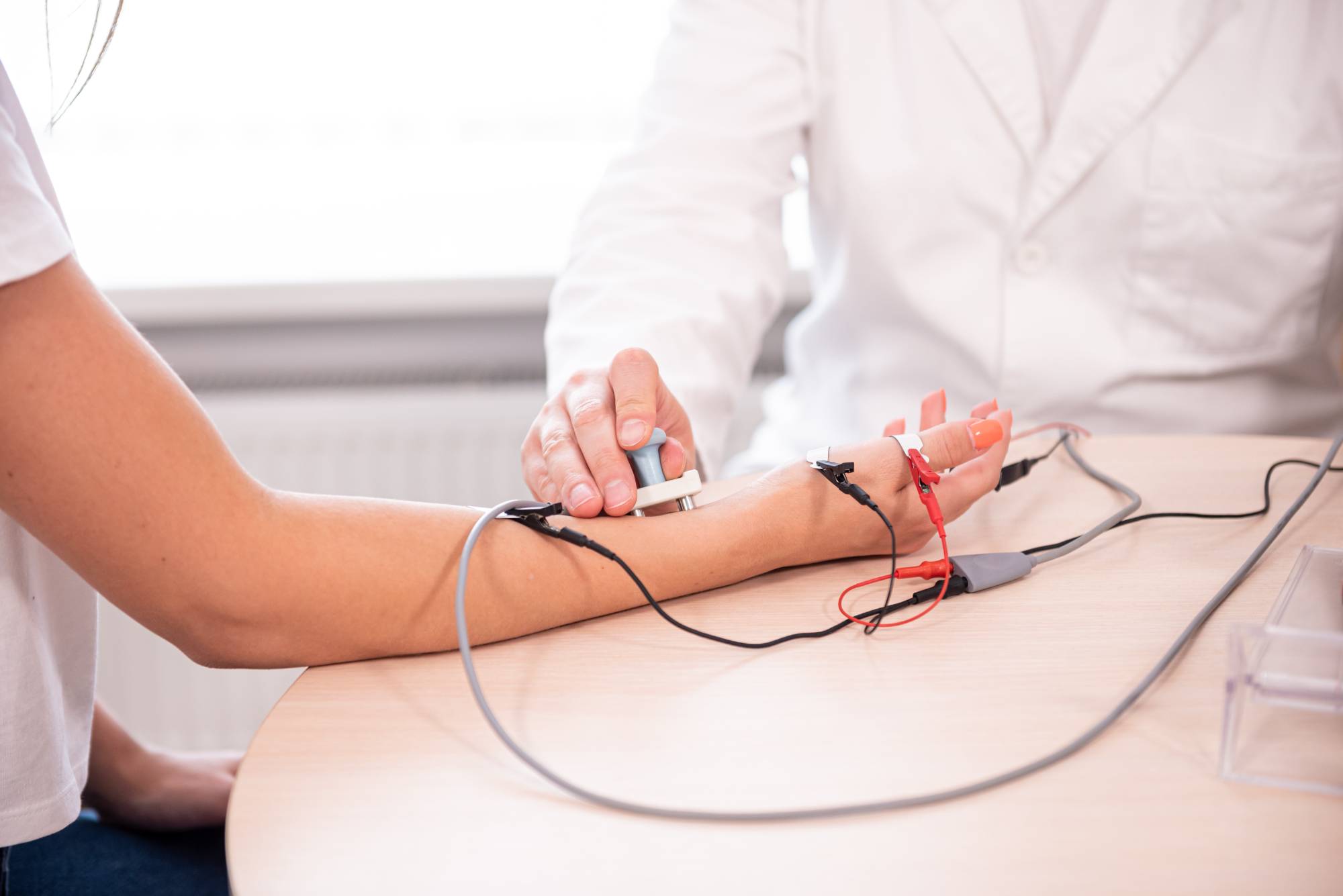
The EMG test has two parts: nerve conduction study and needle electromyography. First, we place small electrodes on your skin and send mild electrical pulses to test how fast your nerves transmit signals. This feels like small taps or mild static shocks.
Next, we use a thin needle electrode to measure electrical activity in your muscles. The needle is much thinner than what’s used for blood draws. You’ll contract specific muscles while we record the electrical patterns.
The entire process takes 30 to 60 minutes depending on which nerves and muscles we’re testing. You can return to normal activities immediately afterward. We’ll review preliminary findings with you before you leave and provide a detailed report to your referring doctor within 24 hours.
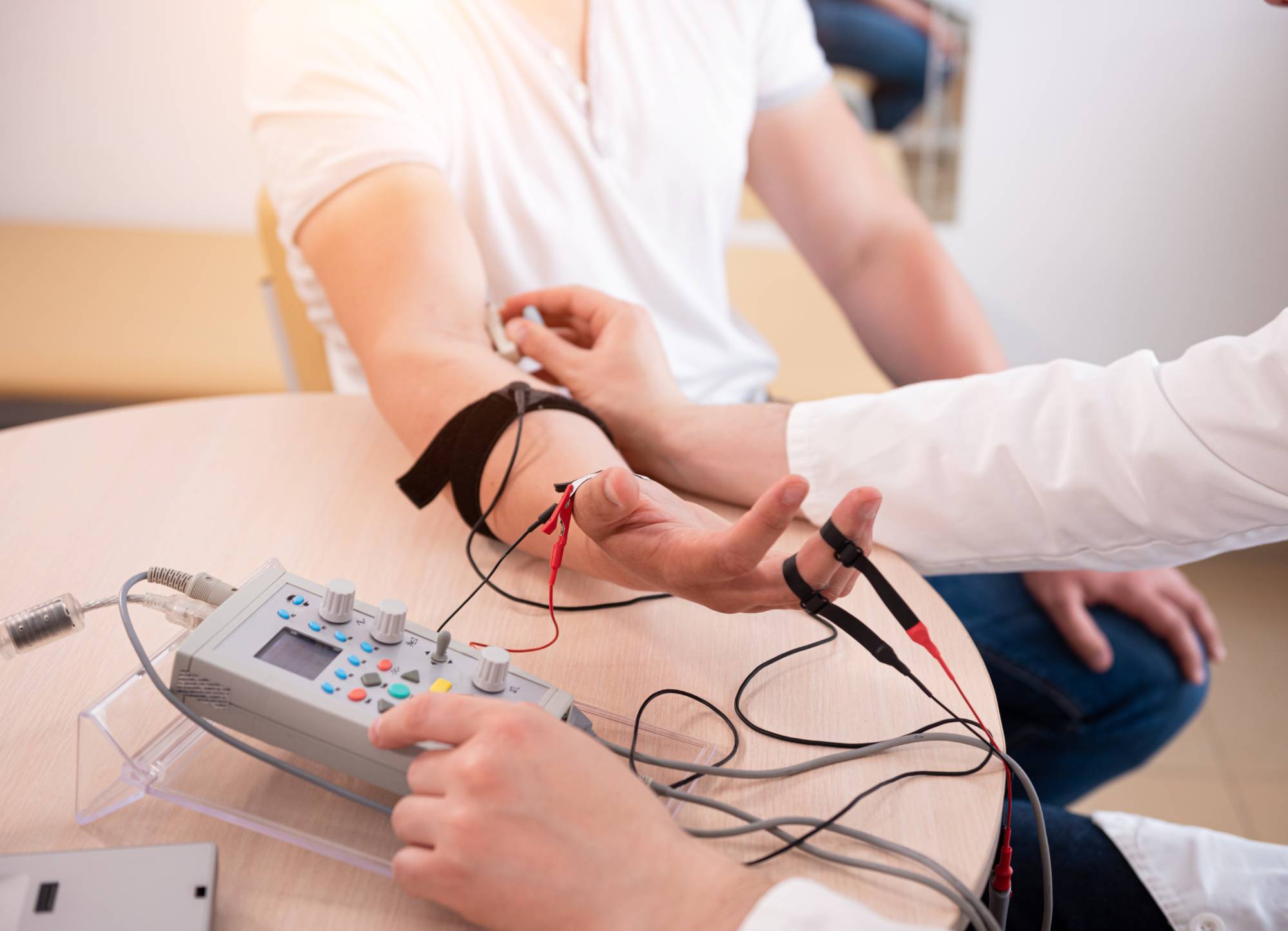
Ready to get started?
Your EMG testing includes both nerve conduction studies and needle electromyography to give a complete picture of your nerve and muscle function. We test multiple sites to identify exactly where problems are occurring.
You’ll receive a detailed written report explaining your results, including specific measurements and what they mean for your condition. We identify conditions like carpal tunnel syndrome, ulnar neuropathy, radiculopathy, diabetic neuropathy, and various muscle disorders.
Our testing helps distinguish between nerve compression, nerve damage, and muscle problems – critical information that determines whether you need physical therapy, medication, injections, or surgery. Most insurance plans cover EMG testing when medically necessary, and we handle the authorization process for you.
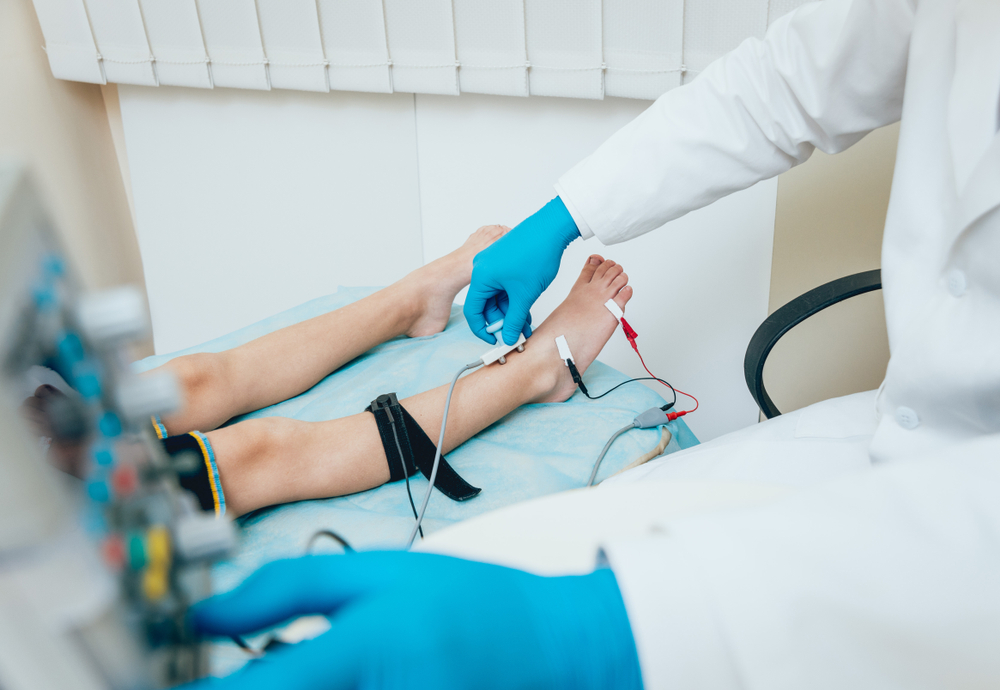
New York:
Florida:
Support